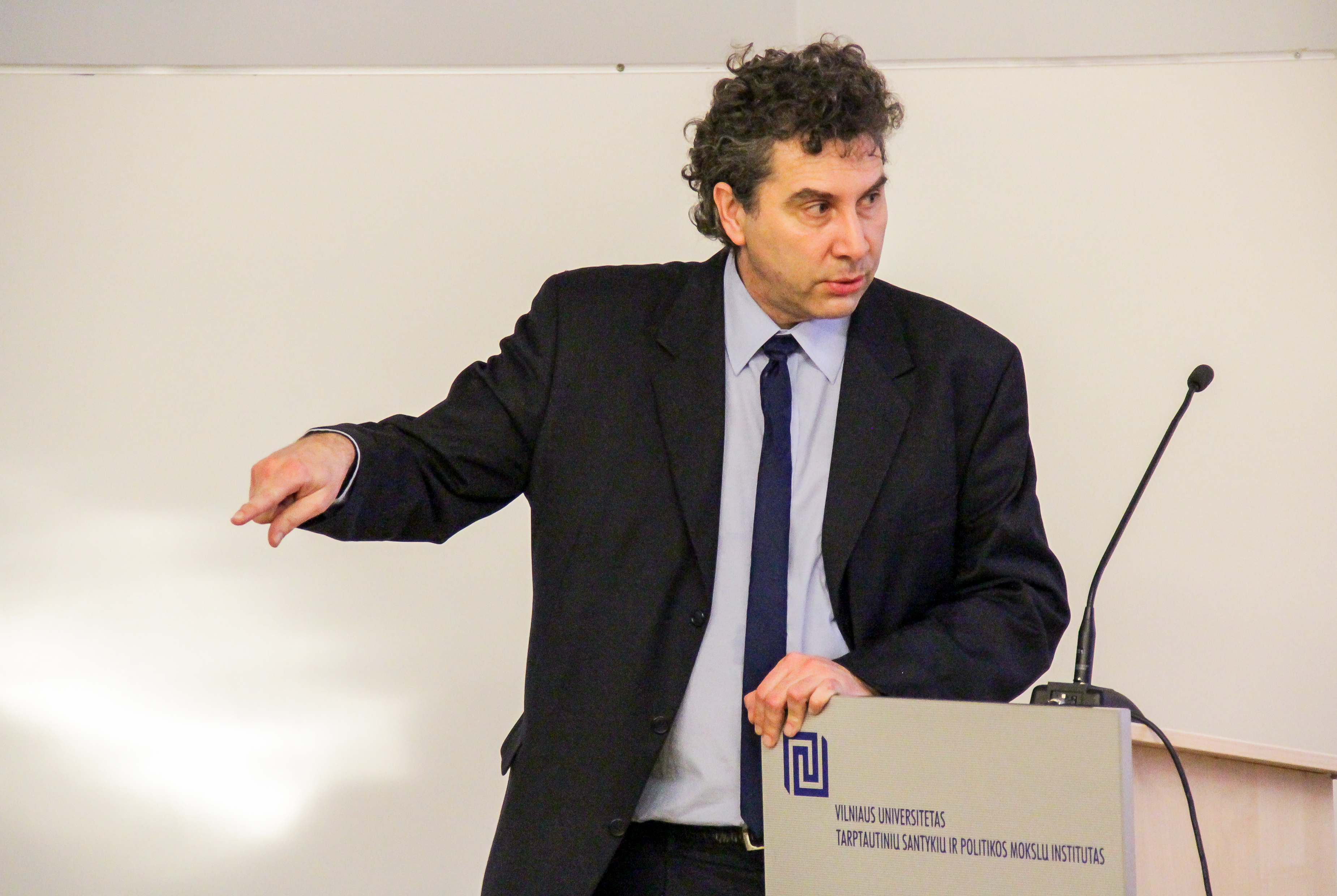Institute of International Relations and Political Science of Vilnius University (IIRPS VU) together with Ministry for Foreign Affairs of the Republic of Lithuania (MFA) invites to the public lecture by associate professor in Diplomatic Studies at the University of Oxford Corneliu Bjola on topic “Propaganda in the Digital Age”. Event will take place on Thursday, 8 March at 6:30 p.m. in room 402.
Attempts to influence “collective attitudes by the manipulation of significant symbols” or simply put, by propaganda (Lasswell, 1927, p. 627), have exploded with the rise of social media. On the one hand, the growing popularity of social media networks makes possible for digital messages to be disseminated widely, deeply and quickly, whether they are accurate or not, hence the rise of “fake news” and “post-truth” politics. On the other hand, the sheer magnitude of the global production and consumption of digital data, places serious constraints on governments with respect to monitoring, let along effectively confronting the sources of propaganda leveraged against them. As the changing technological landscape ensures that digital propaganda is here to stay, it is important to take stock of these developments and ask ourselves what exactly we know about digital propaganda, what we do not know, and what should we know so that we can contain, if not prevent, its disruptive effects?
Lecture will be followed by the discussion. Moderator: dr. Nerijus Maliukevičius (IIRPS VU).
Corneliu Bjola is Associate Professor in Diplomatic Studies at the University of Oxford. He received his PhD in Political Science from the University of Toronto in 2007 and was a research fellow at the Woodrow Wilson International Center for Scholars (2000), Visiting Fellow at the Australian Defense Force Academy (2012) and China Foreign Affairs University (2016). Bjola’s research interests lie at the intersection of diplomatic studies, negotiation theory, international ethics, and crisis management. His current research focuses on the structural and normative conditions by which digital technologies inform, regulate, and constrain foreign policy.









